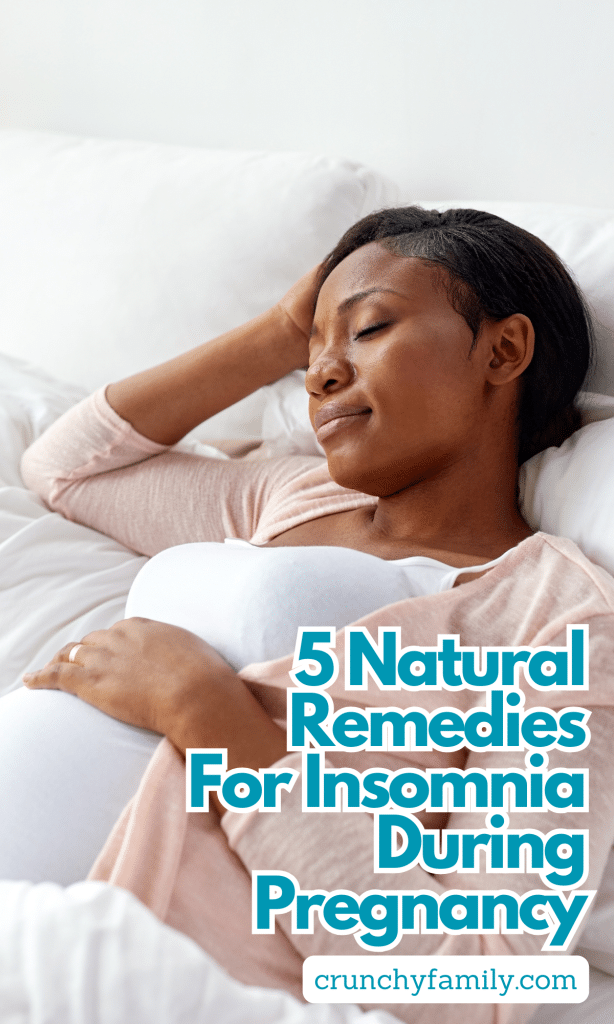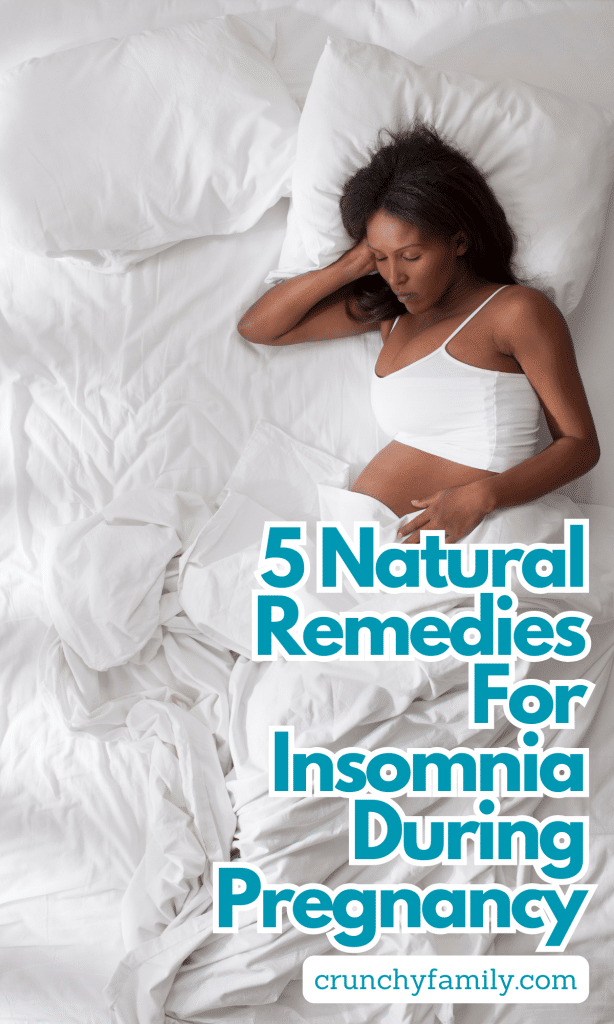Pregnancy is an incredible journey, but it comes with its own set of challenges. One of the most frustrating issues that many pregnant women face is insomnia, especially during the third trimester. I remember those sleepless nights all too well.
Towards the end of my pregnancy, I struggled to find a comfortable position to sleep, which made it almost impossible to get a good night’s rest. I found solace in herbal teas before bed, particularly chamomile. The Pukka Night Time tea was a lifesaver for me!
If you’re in the same boat, don’t worry—you’re not alone. Here are five natural remedies that helped me and might help you get better sleep during your pregnancy.

1. Herbal Teas
Herbal teas are a gentle and natural sleep aid that can help you unwind before bed. Chamomile tea, in particular, is known for its calming effects on the nervous system. It can help reduce muscle tension and promote a sense of relaxation, making it easier to fall asleep.
Tart cherry juice is another excellent option, as it contains melatonin, a hormone that regulates the sleep-wake cycle. Just be sure to avoid teas with caffeine or other stimulants that can interfere with your sleep pattern.

2. Warm Bath
A warm bath before bedtime can work wonders in easing physical discomfort and promoting relaxation. Adding a few drops of essential oils like lavender or chamomile can enhance the soothing effects.
A warm bath can help relieve leg cramps and restless legs syndrome, both common causes of insomnia during pregnancy. It also helps reduce back pain and other pregnancy-related aches, preparing your body for a good night’s sleep.
3. Prenatal Yoga and Physical Activity

Gentle physical activity, like prenatal yoga, can help improve your sleep quality. Yoga not only stretches and strengthens your body but also incorporates deep breathing and relaxation techniques.
These practices can help manage the hormonal changes and stress that contribute to pregnancy insomnia. Even a short walk in the early afternoon can promote better sleep by reducing anxiety and improving your overall mood.
4. Dietary Supplements

Sometimes, dietary supplements like magnesium can help alleviate sleep problems. Magnesium helps relax muscles and can reduce leg cramps, making it easier to find a comfortable sleeping position.
However, it’s important to talk to your healthcare provider before starting any new supplement to ensure it’s safe for you and your developing fetus. Other natural sleep aids, like melatonin supplements, should also be discussed with your doctor.
5. Bedtime Routine

Establishing a good bedtime routine is crucial for a healthy sleep cycle. Try to go to bed and wake up at the same time every day to regulate your sleep-wake cycles. Limit screen time and avoid blue light from devices at least an hour before bed, as it can interfere with melatonin production.
A light snack before bed can prevent middle-of-the-night hunger pangs, but avoid spicy foods that might cause heartburn. Creating a relaxing sleep environment with sound machines or white noise can also help reduce sleep disturbances.

Dealing with insomnia during pregnancy can be tough, but the good news is that there are natural remedies that can help.
Herbal teas, warm baths, prenatal yoga, dietary supplements, and good sleep hygiene were lifesavers for me. Always consult with your healthcare provider before trying new remedies to ensure they’re safe for you and your baby.
Remember, getting enough sleep is essential for a healthy pregnancy and can help you better enjoy this special time in your life.
More related reads:
3 thoughts on “5 Natural Remedies For Insomnia During Pregnancy”